New Delhi, Oct 15: Two very different arrivals, one shared reaction: the Delhi Golf Club is a turf of thought, not brute force. For Luke Donald, the week is a gentle landing back into tournament life after the emotional and logistical maelstrom of captaincy. For Viktor Hovland, it is a short, bright blink into a culture he says already fascinates him and a course he thinks fits his game.
Together they embody two complementary faces of modern golf: the strategist who builds teams and the elite performer who carries scars and sprinting form alike. Both Donald and Hovland have arrived in India for the first time and wish to make some lasting memories.
Back to the day job: Donald's switch from captain to competitor
Donald arrived in Delhi still living in the afterglow of an unforgettable Ryder Cup. He admitted
the mental switch from captain to player isn't instantaneous - "I'm not sure if I have," he laughed - and described how the weeks of planning, pairings and logistics leave the mind cluttered with Ryder Cup rituals long after the final handshake. Yet he welcomed that clutter in one sense: "It's a fun problem to have," he said, and playing this week will help him refocus.
The Delhi Golf Club's narrow corridors and penalty for errant tee shots are precisely the sort of challenge Donald relishes. A classic iron player in the mould of the courses he loved in his prime, Donald said DGC forces "course management" back into the game - fewer drivers, more long irons, and a premium on plotting rather than powering.
He praised the week's role in expanding the game's footprint, suggesting match-play and Ryder Cup-style formats can inspire juniors and emerging markets. When asked about leadership and motivation, Donald was characteristically modest about his captaincy - emphasising culture, cohesion and the collective, rather than personal heroics.
Debut impressions: Hovland's curiosity and pragmatism
Hovland's first trip to India was compact but enthusiastic: less than 20 hours in when he spoke to media, having seen five holes and spent time on the range. He compared the setting to Mayakoba - a place where he's had success - and appreciated the mix of old architecture and tight corridors that make DGC unique. Practically minded, he said his recent neck issue influenced his approach to the week: "I probably won't hit any drivers out there," he said, noting that hitting less driver will help his recovery and suit the course's demands.
Hovland's reflections were candid and often thoughtful. On the Ryder Cup withdrawal debate - a flashpoint among fans - he expressed high empathy for teammates who missed out and framed the situation in the sport's long tradition of sportsmanship: "It's complicated. but I think that's just a better way overall to do it," he said, stressing the spirit of the event over easy technical fixes.
Same diagnosis for DGC
Both Donald and Hovland landed on similar tactical notes. The Delhi Golf Club is a place where the driver is often superfluous and where accuracy, short-game craft and thought win the day. Donald called it a "very unique, very old-school kind of golf course" that rewards plotting. Hovland agreed, adding detail about the sandy surrounds and thick Bermuda rough that make certain recovery shots treacherous and often convert chips into delicate bunker-like plays.
That shared assessment has a practical consequence: the tournament becomes one in which local knowledge and surgical iron play can narrow the gap between global stars and home favourites. Both men acknowledged the advantage that Indian players - many of whom have grown up and practiced at DGC - might enjoy through familiarity and comfort.
Bigger picture: inspiration, markets and margins
Beyond tactics, both players framed the visit as part of golf's geographic expansion. Donald spoke about the emotional power of match play and the potential for Asia-centric team events to galvanise interest. Hovland reflected on India's size and cultural texture - the ruins, the history, the crowd potential - and stressed that exposure matters: "If more kids get introduced to the game and have a chance to play, I think that's really cool to be a part of. "
Both men also underlined how narrow margins define elite golf today. Donald, reflecting on his own career, balanced the ache of near-missed majors with pride in a sustained period at world No. 1; Hovland spoke about the physical realities of injury, recovery and the small equipment and shot choices that can flip a scorecard across four rounds.
Captaincy, character and calm
Donald's captaincy was a recurring touchstone. He repeatedly deflected sole credit to players and backroom staff - "you need those 12 players. you need the back room teams" - and emphasised culture over pep talks. His leadership, he implied, is less about pushing buttons and more about building an environment where high performers can produce their best.
Hovland, younger and still very much a player first, showed the same attention to culture but from a different angle: as a global traveller who wants to soak up new places and who sees tournaments like this as engines of inspiration. He also carried the more acute personal edge - a Ryder Cup withdrawal and a neck issue that remain in the background - and his comments sat between apology and pragmatism.
What the week could mean
The pairing of these two perspectives - the strategic, measured view of a captain returning to play, and the modern elite player juggling form, injury and curiosity - helps frame the DP World India Championship as more than a stop on the calendar. It is a laboratory for how golf grows in new markets: through big names visiting, local heroes testing themselves, and a course whose character forces players to display every facet of their game.
If DGC rewards careful thought over raw speed, and if patrons file in to hear the ball and see the game close up, this week might leave a distinct imprint. For Donald, it is part of a post-Ryder Cup return to normal life and a chance to reset. For Hovland, it's a debut and a chance to connect to a culture he admires and a course he believes complements his strengths. For India, it is another step toward regular, world-class golf that can seed new interest and maybe, one day, new champions.
As both men prepare to tee off, their verdicts are the same: this course is small in appearance and vast in consequence. Play it well, and you'll feel the whisper of craft; miss it, and the bushes will remind you why precision still matters.
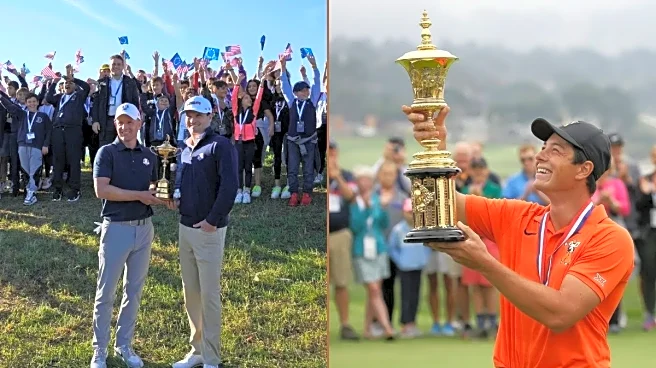

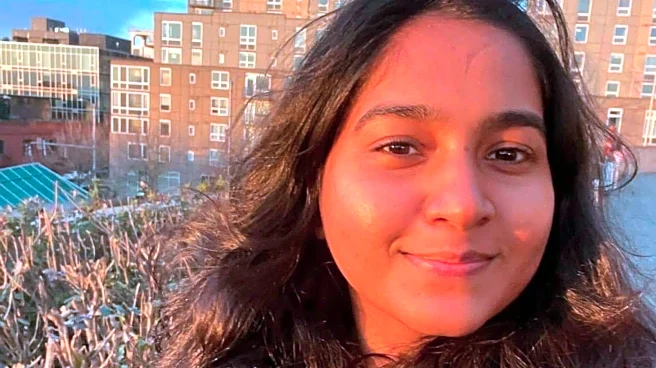

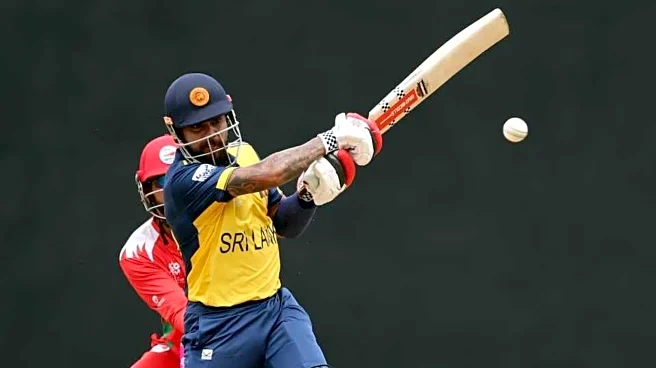
/images/ppid_a911dc6a-image-177088864928744173.webp)

/images/ppid_a911dc6a-image-177088805007765911.webp)
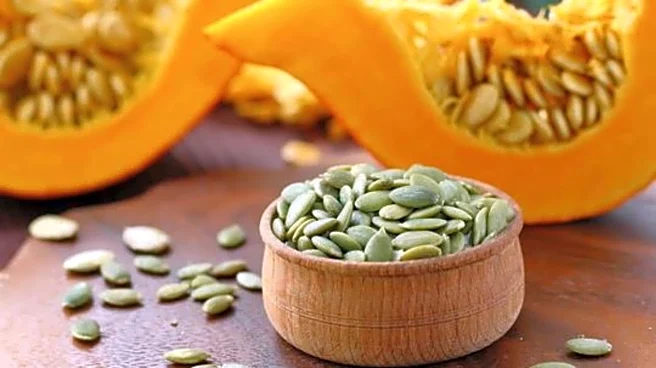

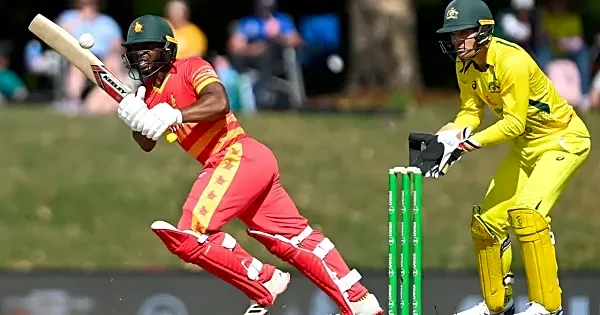


/images/ppid_a911dc6a-image-177088803864211353.webp)
/images/ppid_59c68470-image-177088756453137106.webp)


/images/ppid_59c68470-image-177088752597367703.webp)